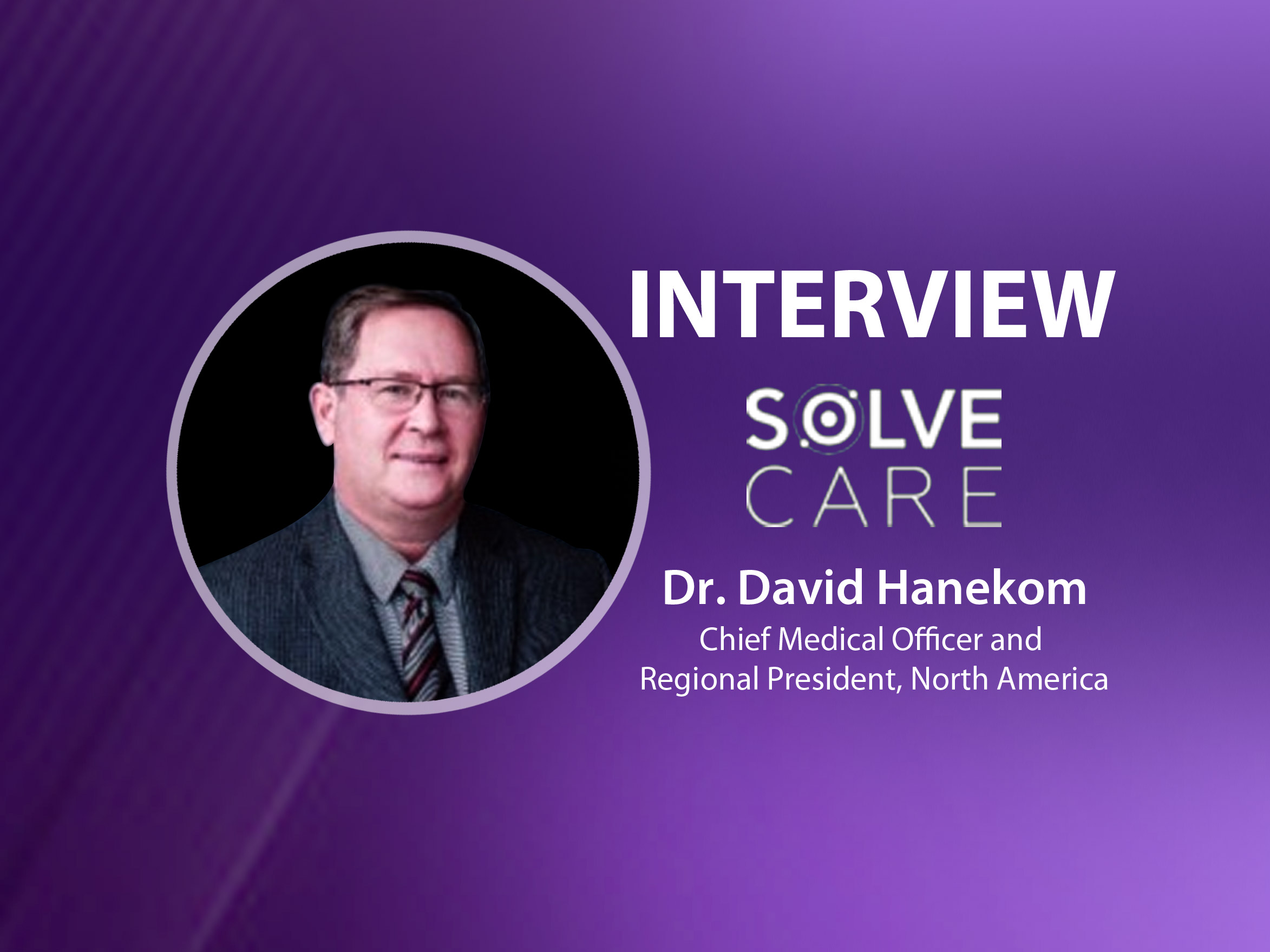How integral will blockchain be to the overall development of the healthcare sector? Catch this interview where Dr. David Hanekom CMP at Solve.care shares his thoughts:
_______
Can you tell us a little about yourself Dr. David?
“I am the Chief Medical Officer of Solve.Care, a global healthcare technology company. My role in the organization is to provide clinical oversight for our care networks, to make sure that they meet the highest standard of quality and integrity. I am a general internal medicine and a primary care physician. I have always enjoyed the sciences and I became a doctor because I wanted to make a contribution to society, to repay the gifts and privileges I had received in life. Professionally, that led to population health management programs using policy, payment, and technology to drive better care at lower cost. This remains my passion. If I can continue to contribute to bring healthcare to all, which is very much aligned with the mission of Solve.Care, then I will consider myself fortunate.”
Given the growing use of Blockchain today, we’d love your thoughts on its impact in the overall healthcare segment. How do you predict this emerging tech to shape healthcare over time?
“Healthcare delivery is based on trust — trust between physician and patient, trust between payer and member, and trust between the various vendors and middlemen. Because of a traditional lack of trust and a lack of transparency, aspects of healthcare such as pricing and policy have become needlessly complex. Blockchain is uniquely disruptive in that the auditability and transparency it offers in the form of transactional verification will simplify and therefore revolutionize all the relevant processes. All the associated administrative costs in delivering healthcare have the potential to be lowered by up to 20%, which would be my conservative estimate. That also means we can focus investing more resources in improving quality, access, and patient satisfaction. This will result in better outcomes, at a lower price.”
People / users are still largely uncertain about new technologies they are not familiar with, how would you describe the benefits of blockchain technology on the patient / end-user?
“The early days of the internet can be compared to where blockchain is today. Once upon a time, people thought the internet was too complicated and that it would never succeed. Can you imagine life without the internet today? Blockchain will be more widely used as people learn about its benefits. In our context, blockchain allows the patient to be the custodian of his information. When consent is granted there are no delays; everything is simultaneous. It’s a dynamic, real-time information system made up of trusted relationships. Everything is handled by the blockchain. As people see the value, it will give them a whole new appreciation for timely and easy access to healthcare.”
Read More: A Quick Review on Some of The Biggest Global Fintech Mergers & Acquisitions
Why according to you is the use of Blockchain in healthcare today more important especially given the current world situation caused by the Covid-19 pandemic?
“One example of how Solve.Care has used blockchain to help employers cope with the pandemic is through Team.Care Network, a workforce management tool which has an additional focus on managing their teams’ risk of exposure to Covid-19. Employers can provide their remote workforce with trusted and curated information from the CDC on their risk of exposure to Covid-19 and the steps necessary to reduce that risk. Risk reduction here is the primary focus in managing the pandemic. The key to managing this pandemic is not only having timely information that is trusted and secure but the ability to share that information in real time among the different authorities around the world.”
We’d love to know a little about your thoughts on the biggest challenges and changes you foresee in more healthcare institutes opening up to emerging technologies such as this.
“Healthcare institutions, whether on the insurance side, the delivery side, or the care coordination side, have invested heavily in their technology stacks. They’re very reluctant to bring in a new capability for technical and financial reasons. They have to worry about data integration and the cost associated with it. A new tool must be demonstrably impactful, so that they can see a rapid return on investment. In time, I am fully confident the healthcare industry will see the true value of blockchain and the benefits it can bring.”
As a parting thought, would you like to share specific business management or business tips for our readers? Or maybe, a short conclusion about the overall impact on Blockchain in multiple areas of business and sectors!
“It is a simple adage, but it bears repeating: take care of your employees. There is both a financial ROI and a clinical ROI as well. Support your employees’ physical and mental wellbeing and you’ll have healthier, more productive employees. It does not matter if you are making widgets or propulsion systems. Optimal employee health has direct implications for your company’s success factor and society as a whole.”
Read More: GlobalFintechSeries Interview with Michael Higgins, Chief Executive Officer at Velox Clearing
Solve.Care was established to revolutionize healthcare delivery, care coordination and benefits administration around the globe. Solve.Care is building an innovative platform that combines decentralization with synchronization to connect stakeholders with each other and redefine care, cost and convenience for everyone.
Dr. David Hanekom, Chief Medical Officer and Regional President, North America of Solve.Care, a healthcare company seeking to democratize global health systems through blockchain technology.

